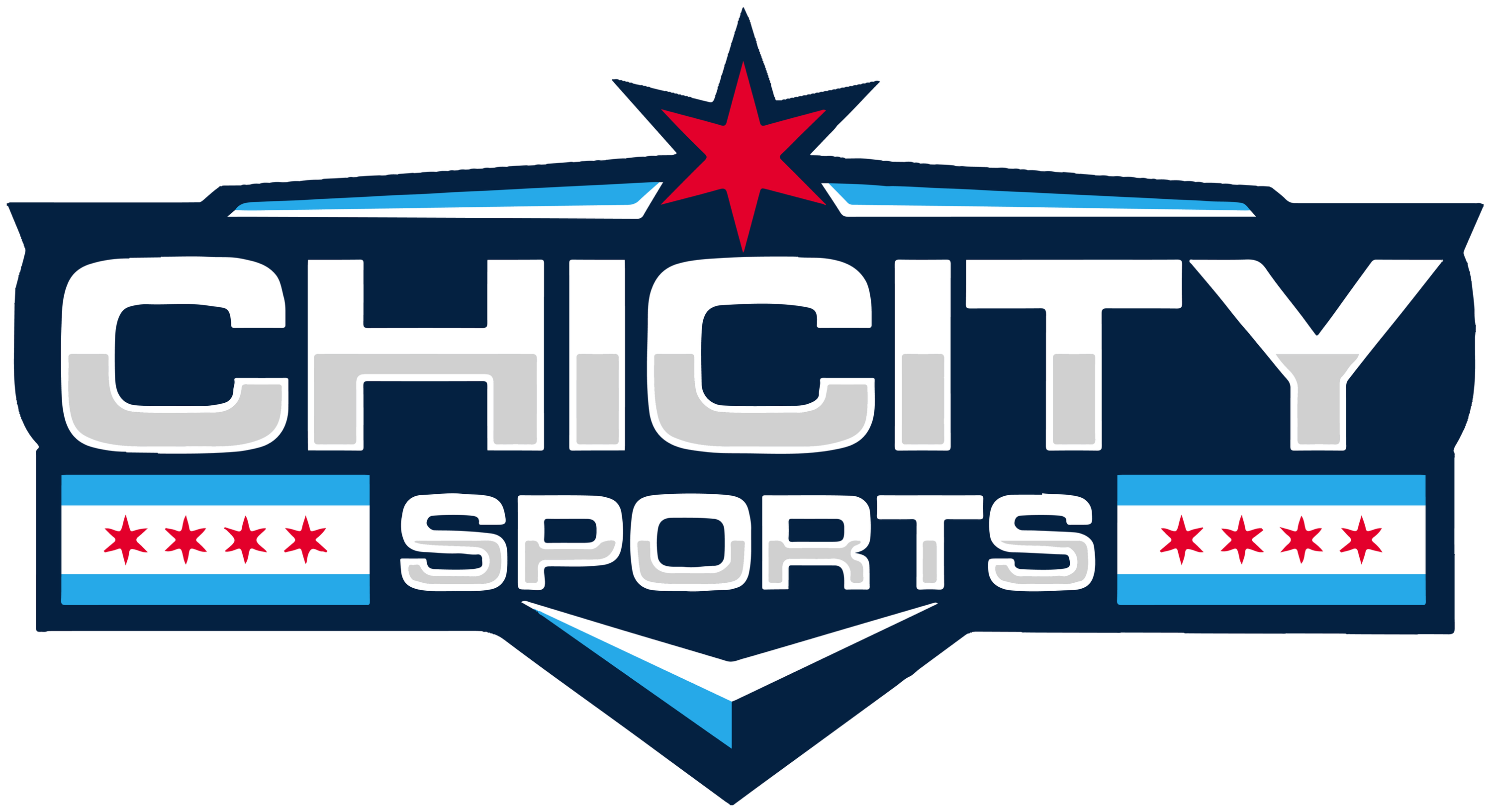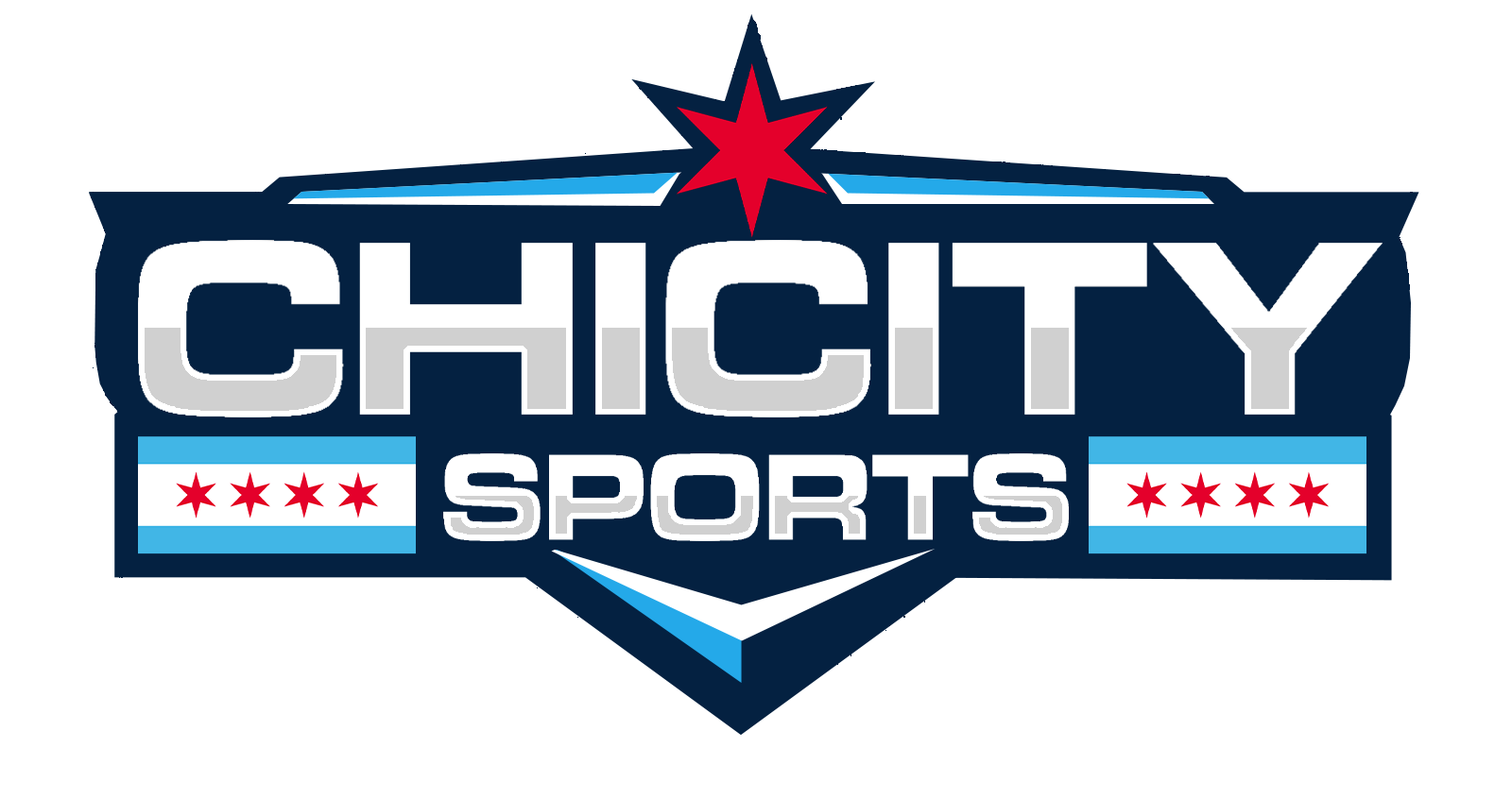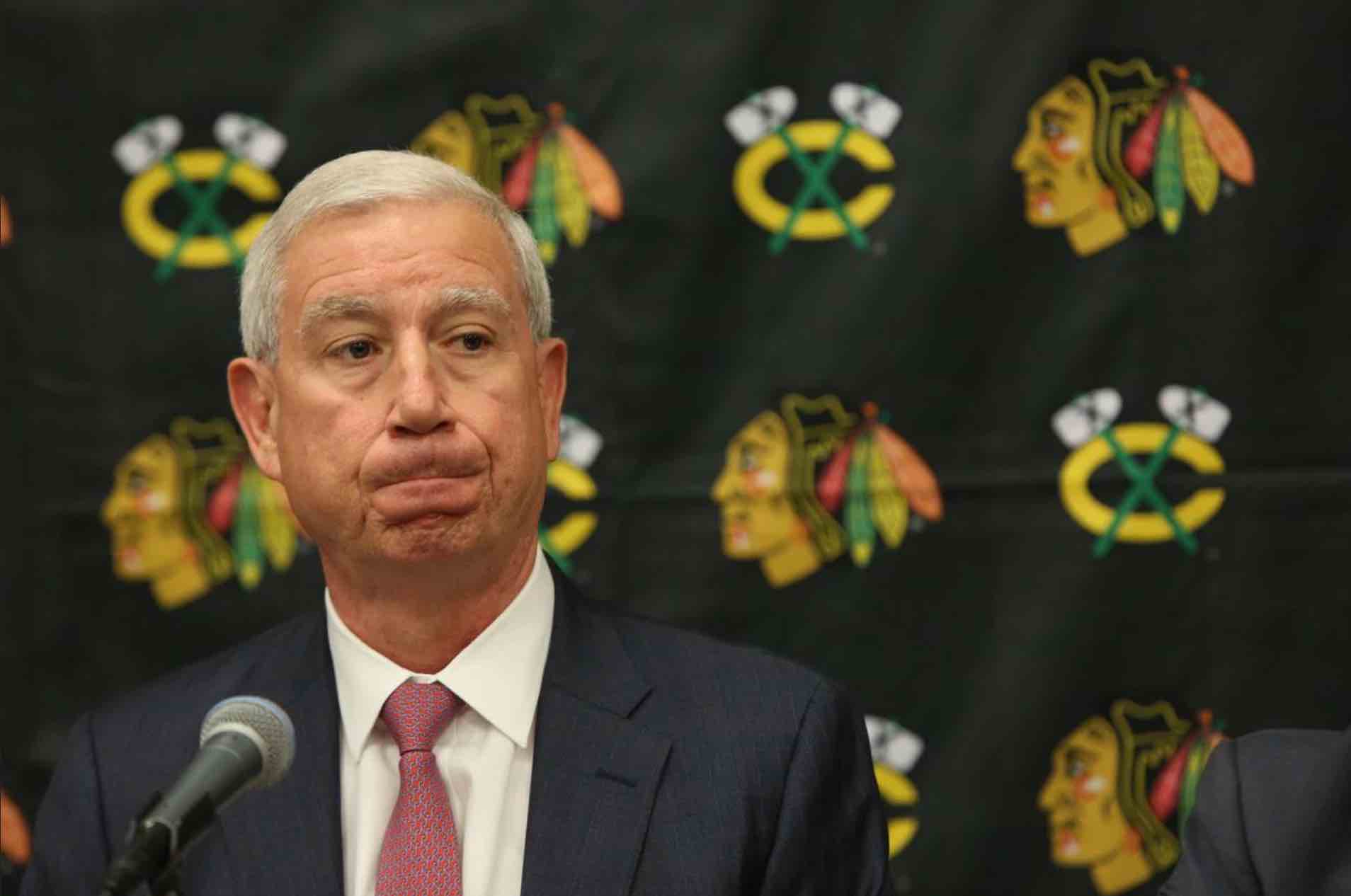In the NHL, a role player has a thankless job. Although critical to a team’s success, they are the unsung heroes who do their jobs out of the spotlight. Normally, you will not see them on the score sheet, but in the trenches — grinding it out in critical moments of a game.
It is in the playoffs where a role player’s worth is truly valued — when they can define themselves not only as fill-in pieces who can maybe eat-up a few minutes of ice-time but as productive and absolutely necessary cogs in a team’s lineup.
In the twilight of the Blackhawks’ cup era, these five role players were as important as any star player in attaining the holy grail:
#5: Brent Sopel
It’s easy to forget just how solid Sopel was in the year the Blackhawks finally snapped their 49-year Stanley Cup drought. Sopel was the penultimate third-pairing, stay-at-home defenseman in the 2010 playoffs. Remarkably, Sopel was the leader in ice-time on the penalty kill that postseason — not only among defensemen but for the entire team. His veteran, steady presence on the back-end was heavily relied upon by ex-coach Joel Quenneville in the most critical of playoff situations; and he perfectly solidified a back-end that contained Duncan Keith, Brent Seabrook, Brian Campbell, Niklas Hjalmarsson, Jordan Hendry, and Nick Boynton.
Although Sopel wasn’t necessarily known for his offensive prowess, he did produce what was arguably one of the biggest Blackhawk goals in history in Game 5 of the Western Conference Quarterfinals against the Nashville Predators. Immediately after killing a five-minute major boarding penalty by Marian Hossa, Sopel began the play by blazing into the Nashville zone, wrapping around Predator goalie Pekka Rinne, helping the Hawks maintain possession as Hossa exited the penalty box. Sopel then circled back to his point and blasted the slap shot that would eventually deflect to a wide-open Hossa, completing one of the greatest comebacks in all of sports history.
https://www.youtube.com/watch?v=NNC8-PTTee0
#4: John Madden
You can’t talk about Game 5 and/or Brent Sopel without talking about John Madden. Like Sopel, Madden was utterly clutch in killing Hossa’s five-minute boarding penalty. Signed before the regular season, Madden would end up being one of Stan Bowman’s best UFA, role-player acquisitions ever. As Sopel did with defenseman, John Madden led all Hawk forwards in penalty-kill ice-time that postseason, including captain Jonathan Toews and third-line PK-extraordinaire Dave Bolland. On a team whose power play had struggled all year, it was imperative for the Hawks to have a beyond-capable penalty kill — without Brent Sopel and John Madden, they wouldn’t have, plain and simple.
Madden would pay dividends not only on the penalty kill, but in the face-off circle, winning 54.1% of his draws. In many instances, he was tasked with taking the most critical face-offs in the Hawks’ zone. As a veteran, two-time Stanley Cup winner with New Jersey, Madden possessed the intangibles that any young playoff team would need. He was a gritty player who wasn’t afraid to block shots and do the grunt work, and his leadership in the locker room was priceless for a young Jonathan Toews to mirror.
#3: Johnny Oduya
Without a solid top-4 defensive core, you will be dead in the water by the time playoffs roll around. In all three of the Blackhawks’ most recent cup wins, their defensive depth was as strong as their forward depth. When defenseman Brian Campbell was traded to the Florida Panthers in 2011, the Hawks’ top-4 was in need of a reliable D-man who was responsible in his own zone, had decent wheels and who could make the right play more often than not. Enter Johnny Oduya, who was the perfect fit in Quenneville’s scheme.
After failing to pan out in both New Jersey and Atlanta/Winnipeg, Oduya was a new player once he arrived in Chicago. He solidified the top-4 and was as reliable a penalty-killer as any other defenseman. His speed on the back-end only added to the Hawks’ high-flying style. With Oduya in the top-4, the Hawks would add two more Stanley Cups within the decade. Since his first departure after 2015, Chicago has yet to find that same consistency they once had in their top-4.
#2: Scott Darling
If the Chicago Blackhawks didn’t have a competent back-up goalie in the 2015 Stanley Cup Playoffs, they probably wouldn’t have won their third cup in six years. After starter Corey Crawford sputtered out of the gate and with the Hawks down 0-3 against Nashville in the first game of the opening round, Quenneville would rely on his 26-year-old rookie-backup to change the momentum of the game. Darling did that and then some, entering the game and stopping all 42 shots he faced, registering a perfect 1.000 save percentage en route to a Blackhawks’ 4-3 victory in overtime.
After an ugly 6-2 loss in Game 2 under Crawford, Quenneville would once again call on his rookie goalie to swing the series. Darling would start the next four games, winning his next two starts, which included a 50 save (on 52 shots) effort in Game 4, giving the Hawks a 3-1 series lead. Darling would have to be replaced himself by Crawford after faltering in Game 6 (in which the Hawks would clinch the series), but he saved the series for Chicago at the precise moment he was called upon.
#1: Michal Handzus
After having played just 8 games with the Blackhawks in 2007, Michal Handzus would request a trade that would unceremoniously end his initial stint with Chicago. Six years later, he would be traded back to the Blackhawks by San Jose in exchange for a 4th round draft pick. Long-time fans who still resented Handzus for bailing so soon into his first tour would easily let bygones be bygones once the 2013 playoffs arrived.
If Jonathan Toews was “Captain Clutch” in terms of scoring goals, Handzus was his assistant — at least in the playoffs that year. As a center with great size, Handzus solidified the second-line while scoring two of the biggest goals of the playoffs. He scored the tying goal in the third period against the Detroit Red Wings in Game 6 of the Western Conference Semi-Final, forcing a Game 7 in which the Hawks would eventually win. He also scored a short-handed goal to open Game 4 of the Stanley Cup Final against Boston, after the Bruins had taken a 2-1 lead in the series. Both goals were monumental in reversing momentum in the Blackhawks’ favor, arriving at critical junctures when the team was trailing in both series. The fact that his Game 6 goal contributed to the Blackhawks finally defeating their long-time rival in Detroit — en route to their 5th Stanley Cup, in the last year before the Wings would move to the Eastern Conference — was reason enough for him to be considered one of the greatest role players in Blackhawks history.
For More Great Chicago Sports Content
Get the latest Chicago sports news, analysis, and breaking stories on the Bears, Bulls, Blackhawks, Cubs, White Sox, Sky, and more! Tap the star to add us to your favorites on Google News, so you never miss a story on your favorite Chicago teams.
Follow us on Twitter at @chicitysports23 for more great content. We appreciate you taking time to read our articles. To interact more with our community and keep up to date on the latest in Chicago sports news, JOIN OUR FREE FACEBOOK GROUP by CLICKING HERE




